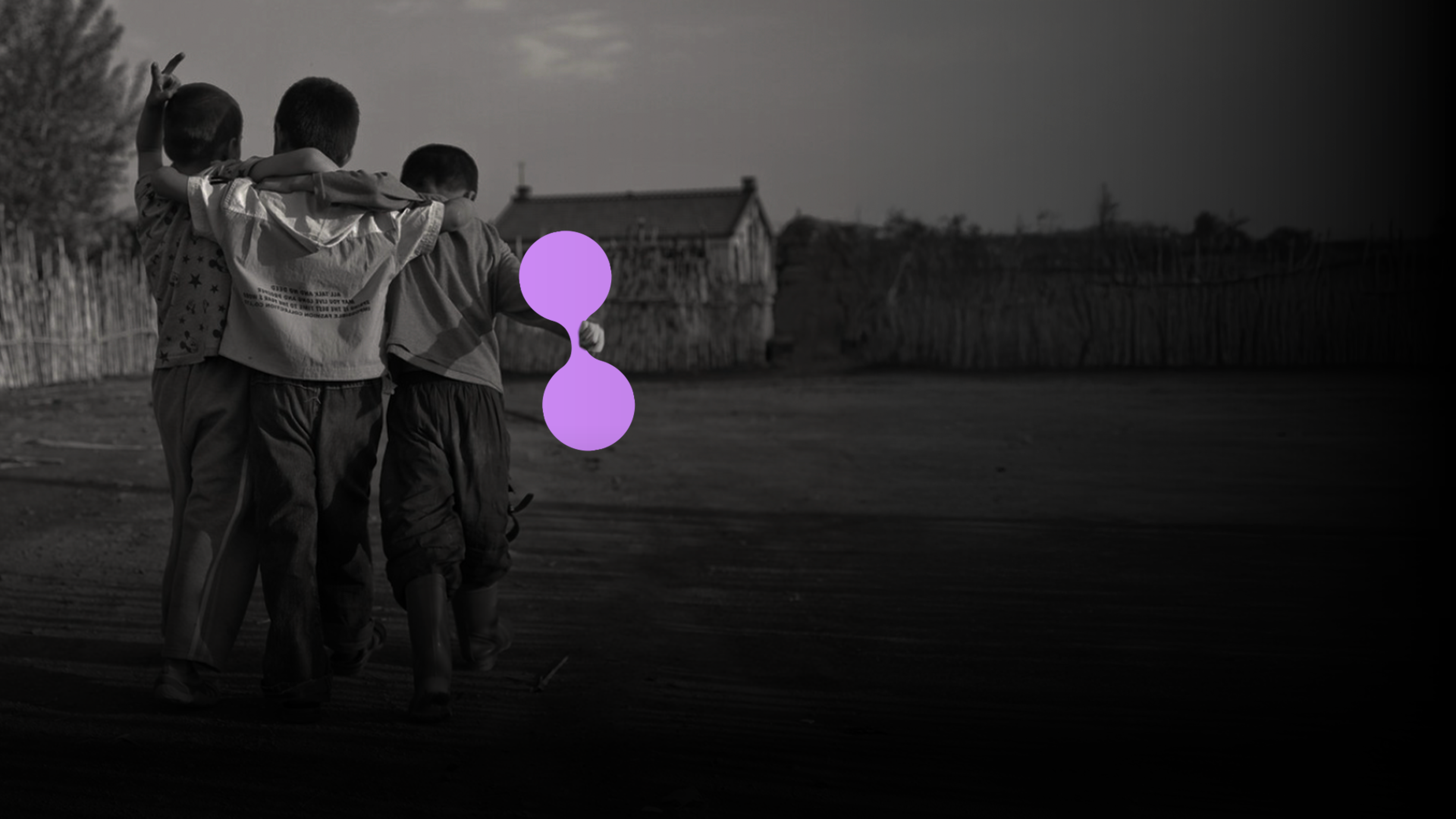

relationships &
communication
Relationships are the most important part of our lives. The relationship
we have with ourselves, the relationship we have with our family and the
relationship with our friends and partners. What it all boils down to, the
very annoying thing that we endlessly drone on about, communication.
While it may be simple, if we didn't grow up learning it, trial and error is all
we've had.
This page is your guide to everything relationships and communication—tips,
courses, blog posts, podcast episodes, and more. Think of it as your toolkit for
building stronger, healthier connections—and having some fun along the way.
Challenge 1:
Fear of Conflict
Shift your mindset—conflict doesn't have to be scary; it's a chance to grow. Start with "I" statements (e.g., "I feel..." instead of "You always...") to share your feelings without blame.
Challenge 2:
Misreading Nonverbal Cues
Pay attention to body language and tone—yours and theirs. What's not being said often says a lot.
Challenge 3:
Overthinking Responses
Be present in the moment instead of crafting the "perfect" reply. Authenticity always wins.
Challenge 4:
Difficulty Setting Boundaries
Practice saying "no" with kindness and clarity. Boundaries aren't walls—they're pathways to healthier interactions.
re:relationship
re:learn
Courses Built With You In Mind
We've teamed up with relationship coaches and communication experts to create interactive courses that help you:
- Handle tough conversations without spiraling into arguments.
- Build emotional intelligence to connect more deeply with others.
- Strengthen your ability to listen and empathize.
Popular Courses:
re:listen
Tune into candid conversations with therapists, communication experts, and real people sharing their stories.
Quick reads loaded with practical advice and real‐life examples. Fan favorites include:

re:source
re:positive
assessment
tool
From communication at work to relating with those closest to you, the Positive Assessment Tool makes improving communication possible
Take it Now:
The Positive Assessment Toolwhy strong relationships and communication skills matter
The Personal Perks of Better Communication
Deeper Connections:
Great conversations aren't just about talking—they're about understanding.
Strengthening your communication can create bonds that go beyond surface‐level small talk.
Less Stress:
Miscommunication is a fast track to frustration. Learning how to express yourself clearly saves you
(and your loved ones) a lot of unnecessary drama.
Boosted Confidence:
Knowing how to handle tough conversations or express your needs helps you feel more empowered in every aspect of your life.
How Communication Affects All Your Relationships
Strong communication isn't just about resolving conflicts. It's about:
Friendships
Be the friend everyone trusts for advice and support.
Family Dynamics
Turn awkward moments into meaningful ones.
Romantic Partnerships
Build trust, understanding, and plenty of inside jokes.
Workplace Vibes
Great communication at home can lead to better teamwork at the office.

Start with active listening: focus fully on the speaker without planning your response. Practice summarizing what they've said to ensure you understand. You can also use tools like journaling to reflect on past conversations and identify areas for improvement.
Healthy communication includes active listening, expressing feelings clearly, showing empathy, and resolving conflicts respectfully. Partners or friends should feel heard, respeccted, and supported.
Approach difficult conversations with empathy and preparation. Use "I" statements to express your feelings without blaming, and set a neutral time and place for the discussion. Remember to focus on solutions, not just problems.
Absolutely. When you improve your own communication, it can shift the dynamic of the relationship. Lead by example, and others may follow.
Consistency, honesty, and reliability are key. Follow through on promises, own your mistakes, and be open about your thoughts and feelings.
& relationships

